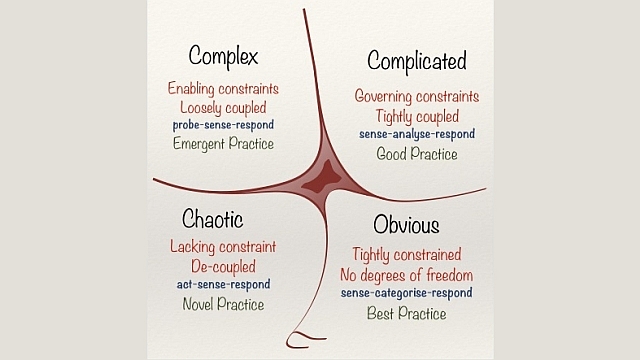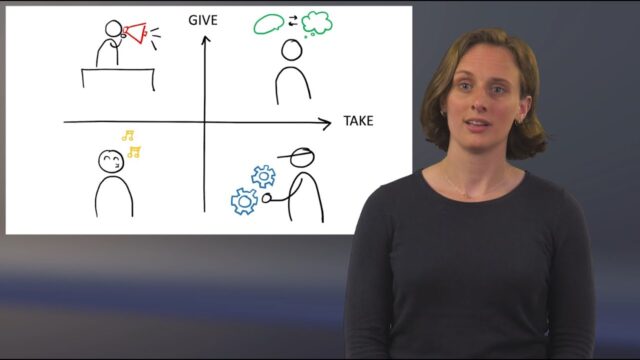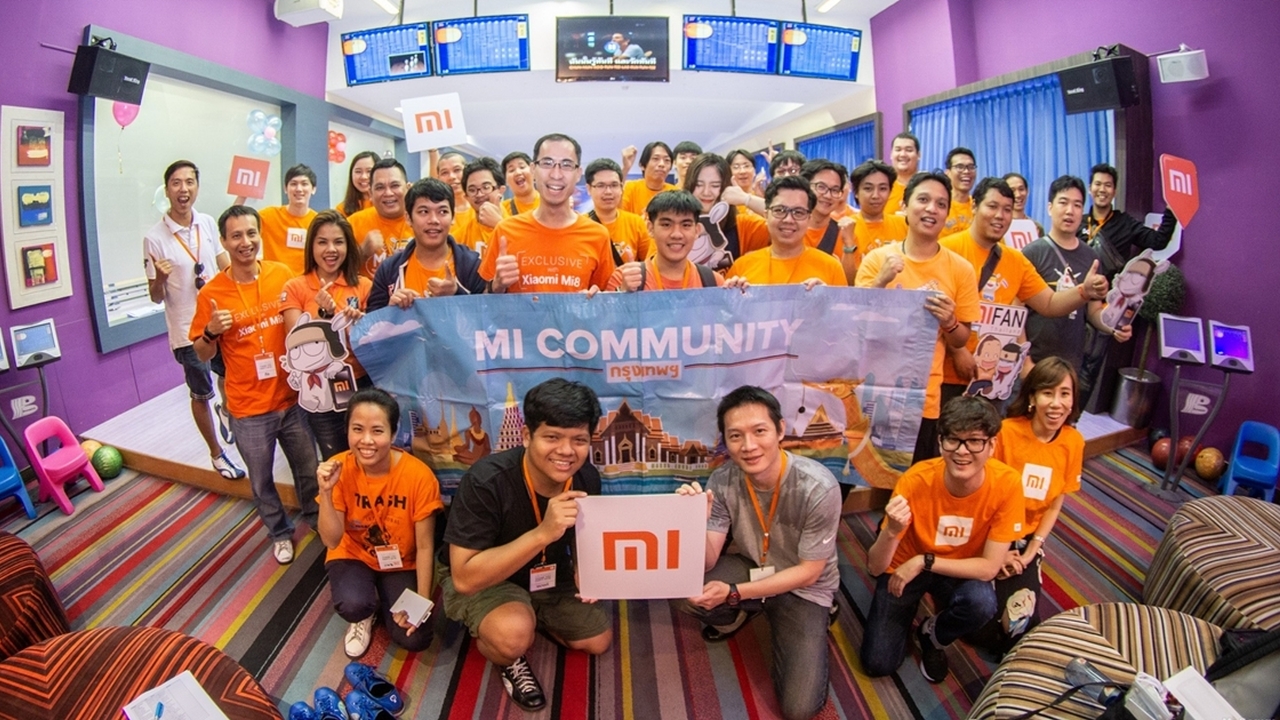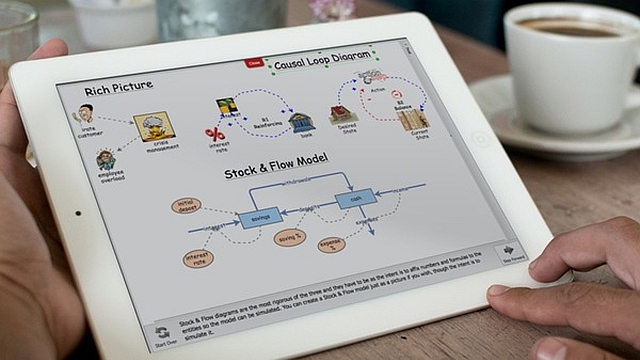
Taking responsibility for complexity (section 3.3.5): Broadening dialogues
This article is part of section 3.3 of a series of articles featuring the ODI Working Paper Taking responsibility for complexity: How implementation can achieve results in the face of complex problems.
Processes of contestation and argument may be important for informing and improving the foundations of policy and action, and implementation should look to build and work with critical voices, rather than avoiding them. Burawoy1 has famously argued that linking social scientific knowledge and policy requires both critical and ‘reflexive’ research as well as more ‘instrumental’ consultancy-type work. These problematise prevailing trends, discussing values and ideology and the underlying goals of policy, as opposed to drawing on different sources in order to understand how to fulfil specific goals. As well as aiming this at an academic audience, it is important to engage the wider public in such discussions to communicate different perspectives in the public and policy dialogue2,3.
Especially in situations where different perspectives compete for the definition of a problem, or where issues of the distribution of costs and benefits are at stake, it may be crucial to build the capacity of relevant stakeholders (or their representatives) to participate in negotiations and collaboration. For example, the discussion of scientific findings may be of use so parties can develop stronger arguments or test the claims of those with whom they disagree4.
One fundamental barrier to the incorporation of multiple perspectives is that some group of actors systematically lack the capacity to engage in important processes of communication, discussion and deliberation. In the innovation systems literature, this is discussed in terms of strengthening the ‘demand pull’ by potential users of new knowledge, enabling them to articulate their needs more effectively and translate these into ‘effective demand,’ and increasing their power to ‘buy’ the knowledge they need. In agriculture, this often involves supporting the emergence of sustainable knowledge and service markets5. However, this may also involve deep power imbalances between actors and require efforts to empower groups and amplify their voice. Some groups may also be excluded from networks of relationships and social capital that benefit others. As such, while balancing the ‘demand side’ may involve cooperative relationships, it may also involve conflict, as initiatives to empower grassroots actors and promote their access to resources and opportunities for voice in general community decision-making meets with opposition6. Therefore, it is particularly important to promote research and advocacy by organisations that can speak groups that are systematically disadvantaged from having their voice heard.
The ideal would be to see this and participatory methods as bringing a new and autonomous ‘discourse’ to the policy, which would allow alternative framings of issues and an exploration of where policy-makers may share priorities with local people7,8. Unfortunately, three factors mean such work may be difficult to carry out in Southern contexts in particular: political freedoms may restrict the operation of organisations that would carry out such work; funding may be more difficult to find; and the frequently highly unequal distribution of skills and resources in society may ensure that powerful groups maintain the upper hand in policy debates9,10. Capacity building for NGOs and other actors that work to hold governments accountable for the way knowledge is used may be important11.
Editor’s note: In regard to the comment in the last paragraph that “factors mean such work may be difficult to carry out in Southern contexts in particular,” it should be noted that since this Working Paper was originally published in 2011, the knowledge dominance of the Global North over the Global South is being increasingly challenged. Examples of effective participatory dialogue from the Global South suggest that the situation could actually be the other way around. That is, such work may be difficult to carry out in Global North contexts in particular.
Next part (section 3.3.6): Sense making for common ground.
See also these related series:
- Exploring the science of complexity
- Planning and strategy development in the face of complexity
- Managing in the face of complexity.
Article source: Jones, H. (2011). Taking responsibility for complexity: How implementation can achieve results in the face of complex problems. Overseas Development Institute (ODI) Working Paper 330. London: ODI. (https://www.odi.org/sites/odi.org.uk/files/odi-assets/publications-opinion-files/6485.pdf). Republished under CC BY-NC-ND 4.0 in accordance with the Terms and conditions of the ODI website.
References and notes:
- Burawoy, S. (2005). ‘For Public Sociology.’ American Sociological Review 70(1): 4-28. ↩
- Harriss-White, B. (2007). ‘Development Research and Action: Four Approaches.’ IDS Bulletin 38(2): 46-50. ↩
- Livny, E., Mehendale, A. and Vanags, A. (2006). ‘Bridging the Research Policy Gaps in Developing and Transition Countries: Analytical Lessons and Proposals for Action.’ GDN. ↩
- Michaels, S. (2009). ‘Matching Knowledge Brokering Strategies to Environmental Policy Problems and Settings.’ Environmental Science and Policy 12(7): 994-1011. ↩
- Arnold, E. and Bell, M. (2001). ‘Some New Ideas about Research for Development.’ In Danish Ministry of Foreign Affairs Partnership at the Leading Edge: A Danish Vision for Knowledge, Research and Development. Copenhagen: Danish Ministry of Foreign Affairs. ↩
- Jones, N., Romney, D., Jones, H., Walden, D., Mitra, S., Efa, N. and Fish, J. (2009) ‘Conceptual Review on Innovation Systems Approaches and Their Use in Understanding Pro-Poor Innovation in the Renewable Natural Resources Sector.’ Joint ODI-CABI report, prepared for the RIU programme. ↩
- Morgan, M. (2008) ‘“Voice” and the Facts and Observations of Experience.’ Working Paper on the Nature of Evidence: How Well do ‘Facts’ Travel? 31/08. London: Department of Economic History, LSE. ↩
- Powell, M. (2006). ‘Which Knowledge? Whose Reality? An Overview of Knowledge Used in the Development Sector,’ Development In Practice 16(6): 518-532. ↩
- Morgan, M. (2008) ‘“Voice” and the Facts and Observations of Experience.’ Working Paper on the Nature of Evidence: How Well do ‘Facts’ Travel? 31/08. London: Department of Economic History, LSE. ↩
- Powell, M. (2006). ‘Which Knowledge? Whose Reality? An Overview of Knowledge Used in the Development Sector,’ Development In Practice 16(6): 518-532. ↩
- Jones, H. (2009). Policy Making as Discourse: A Review of Recent Knowledge-to-Policy Literature. Emergent Working Paper. London: ODI and IKM. ↩






